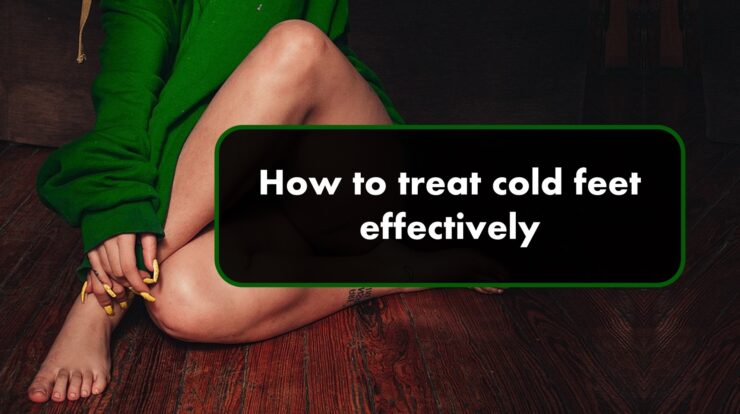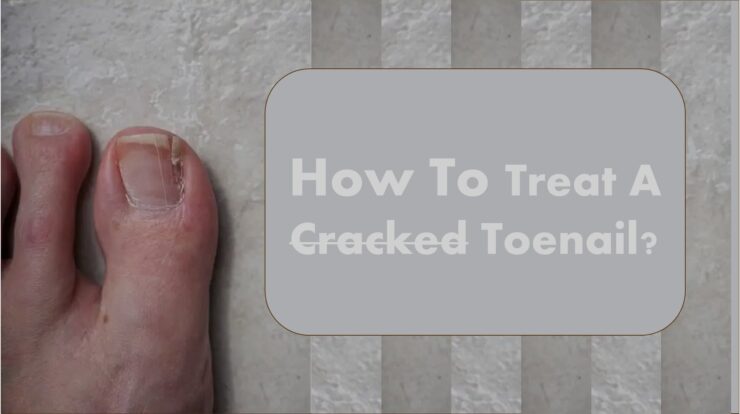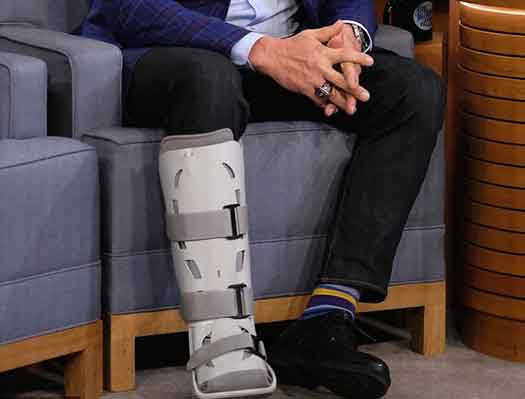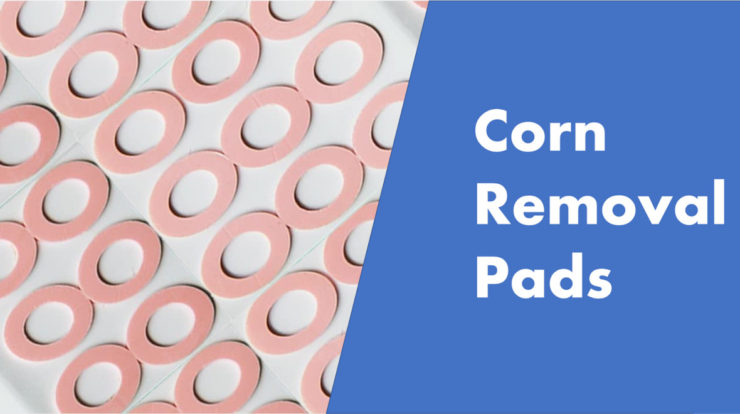
Cold feet, though often used to describe nervousness, can also refer to a physical sensation that many individuals experience.
The feeling of coldness in the feet can be uncomfortable and, in some cases, indicative of underlying health issues.
In this article, we will delve into the various causes of cold feet and explore effective treatment options.
Causes of Cold Feet
- Poor Circulation: One of the most common causes of cold feet is poor circulation. Reduced blood flow to the extremities can result from various factors, such as peripheral artery disease, a condition where the blood vessels narrow and restrict blood flow to the limbs.
- Raynaud’s Phenomenon: This condition is characterised by the excessive constriction of blood vessels in response to cold temperatures or stress, causing fingers and toes to turn white or blue and feel cold. Once blood flow is restored, they may turn red and become painful.
- Nerve Damage (Neuropathy): Certain medical conditions, particularly diabetes, can lead to nerve damage, impacting the sensation and temperature regulation in the feet, resulting in a persistent feeling of coldness.
- Hypothyroidism: An underactive thyroid gland can slow down metabolism and circulation, leading to cold feet and hands as a common symptom.
- Anaemia: A reduced number of red blood cells can limit the amount of oxygen delivered to body tissues, causing coldness in the extremities.
- Lifestyle Factors: Wearing tight shoes, smoking, and sitting in one position for prolonged periods can all contribute to poor circulation and cold feet.
Effective Treatments
- Address Underlying Conditions: If cold feet are linked to an underlying medical condition such as peripheral artery disease, diabetes, or thyroid issues, treating the root cause can help alleviate the symptoms. Consult a medical professional for proper diagnosis and management.
- Stay Active: Regular physical activity promotes blood circulation and helps keep your feet warm. Activities such as walking, swimming, and yoga can be beneficial.
- Warm Footwear: Wearing appropriate footwear is crucial. Opt for well-insulated, comfortable shoes that allow proper blood flow. In cold weather, consider thermal socks and insulated boots.
- Quit Smoking: Smoking damages blood vessels, leading to reduced circulation. Quitting smoking can improve blood flow and decrease the likelihood of cold feet.
- Manage Stress: Practicing stress-reduction techniques such as meditation, deep breathing, and yoga can help prevent cold feet triggered by stress-induced blood vessel constriction.
- Dietary Changes: Consume foods rich in nutrients that support circulation, such as antioxidants (found in fruits and vegetables), omega-3 fatty acids (found in fish), and magnesium (found in nuts and seeds).
- Warm Soaks: Soaking your feet in warm water can help improve blood circulation and provide temporary relief from cold feet.
- Stay Hydrated: Dehydration can exacerbate poor circulation. Drink an adequate amount of water throughout the day to maintain good blood flow.
- Massage: Gentle foot massages can stimulate blood flow and help alleviate the sensation of cold feet.
When to Seek Medical Attention
If you experience persistent cold feet along with other concerning symptoms like pain, numbness, discolouration, or open sores, it’s crucial to consult a healthcare professional.
They can accurately diagnose the underlying cause and recommend appropriate treatments or interventions.
Conclusion
Cold feet might seem like a minor discomfort, but they can indicate underlying health issues that warrant attention.
By understanding the causes and taking proactive measures, you can promote better circulation and overall foot health.
Remember, maintaining a healthy lifestyle, staying active, and seeking medical guidance when needed are all essential components of addressing and treating cold feet effectively.






